Is Bali water safe to drink?
Find out when Bali’s water is safe to drink with this guide.
Table of Contents Show
Introduction
Every visitor to Bali asks, "Is Bali water safe to drink?” and there is a good reason for this.
The number one health concern for visitors to Bali is Bali Belly (otherwise known as Travellers' Dihorrea), and one of the key causes of Bali Belly is contaminated water.
So we're going to take a deep dive into Bali's water.
You might also like to check out our articles:
What is Bali Belly? Our guide to causes, symptoms, and treatment.
Does Bali Use Toilet Paper? Be prepared with this comprehensive article.
Is Bali water safe to drink?
It’s the question every holidaymaker and digital nomad asks: is Bali water safe to drink?
The short answer is no; Bali's water is not safe to drink.
But let's look at that closely, because you might wonder if fresh water in streams and rivers is safe to drink. After all, Bali looks like such a pristine paradise, so maybe the flowing water is okay?
And you might be tempted to think that if the water in the city and tourist areas is not safe, maybe it is safe to drink out in the rural areas of Bali?
Is Bali tap water safe to drink?
Unfortunately, the answer is no; you can't drink the tap water in Bali. Just because the water is coming out of a tap in a posh hotel does not make it any safer. Even in rural areas where the environment might look fresh and clean, it is not safe to drink Bali's tap water.
Related:
What about if you boil Bali tap water?
Boiling water in Bali is a good way to make it safe to drink and save on plastic bottles
Yes, it is safe to drink Bali tap water if you boil it first. This is a great way to save on plastic bottle waste (which is a big issue on Bali). According to the Centre for Disease Control and Prevention (CDC), if you bring water to a rolling boil for one minute, it is said to be safe. You can also use water purification tablets or filters as a second treatment after boiling.
Recommended water boiling procedure:
To be safe, we suggest you:
Empty the kettle first and put fresh tap water in.
Bring it to the boil, and when the kettle clicks off, wait a minute and make it boil again.
Rinse the tea cups with a little of the boiling water to sterilise them.
Better still, start with bottled water (although this means using plastic bottles)!
What's about bore water?
You might be staying in a private villa, and the staff tells you it is safe to drink the water because it comes out of an underground bore. However, the problem here is that underground water supplies are often contaminated in Bali because, in the rainy season, water from irrigation channels overflows and makes its way into the water table.
What is wrong with irrigation channel water?
Irrigation water looks gorgeous, but it’s probably not clean.
Unfortunately, Bali is still a developing country, and sanitation is far from perfect. Many Balinese still wash in the irrigation channels. In rural areas in particular, it is a bit of a social event to join your buddies for a wash at the start and end of the day or before going to the temple. And when you have a wash, you also go to the toilet—yep, right there in the channel.
When the rains cause these channels to overflow, effluent is carried out into rice fields and soaks into the water table, and that is where bore water comes from. And that is just one way water can become contaminated. So cross that source of water off your list.
Now, to be accurate, the concentration is incredibly low, and nine times out of ten you would be okay, and the water is certainly fine for showering. But when you are on holiday, you don't want to be the one time out of ten, right?
Is Bali tap water safe to drink?
So we know that Bali tap water is not safe to drink, but what is the reason for this?
Unfortunately, Bali's tap water is well known to have bacteria, parasites, and viruses, all three of which are one of the main causes of Bali Belly. The other causes of Bali Belly are poor food sanitation and changes in diet and climate.
In fact, the water is so unreliable that even the locals do not drink it (and that says a lot, right?).
What's wrong with Bali tap water?
Bacteria might look colourful, but it’s the sort of colour and movement your holiday does not need!
The reason Bali's tap water is not safe to drink is because of issues with the islands' water and sewage infrastructure. It's a sad situation because Bali is blessed with ample rainfall and should really be able to provide sanitary water for the population.
The government is doing its best to address the problems, and many villages have a central water purification plant that supplies their local area, but even then, locals will not drink the water and use it only for cooking and showering. This is because the pipe system is not reliably sealed, and contaminants can get in and spoil the purified water.
There are several risks with Bali's tap water:
1. Bacteria
Approximately half to four fifths of cases of Traveller’s diarrhea result from bacterial infections, with enterotoxigenic Escherichia coli (ETEC) being the primary cause. Additional bacteria that cause this condition include enteroinvasive E. coli (EIEC), enteroaggregative E. coli (EAEC), Shigella, Campylobacter, and Salmonella species.
2. Parasites
Protozoal parasites can be a cause of infection, and doctors will suspect a parasite, particularly in cases where diarrhea persists for ≥14 days or when antibiotics fail to reduce the illness.
3. Viruses
Noroviruses cause 10–20% of instances of Traveller's diarrhea and can be present in water supplies. Source: CDC
Source: Advising travellers about management of travellers’ diarrhoea Volume 44, Issue 1, January-February 2015
Bali bore water
As we've mentioned, even bore water in Bali can be contaminated.
Is Bali Belly contagious?
The answer is that it is contagious, but not in the same way as COVID is, for example. Human-to-human transmission of Bali Belly is rare. This means that contaminated water is the main cause of Bali Belly, along with contaminated food. We have a detailed article here on the question, "Is Bali belly contagious?"
Can you drink Bali water?
Some bottled water in Bali may be from Bali or have “Bali” in the name. You can safely drink bottled water that says it is from Bali, so long as you are sure it is from a reputable source and is in a sealed bottle. The fact that it is bottled, sold in a shop, and has a seal reasonably means that it has been properly treated and is safe to drink.
Is Bali coconut water safe to drink?
It’s reasonably safe to drink fresh coconut water and eat the flesh of a young coconut as well
A fun drink to have in Bali is fresh coconut juice. Many hotels, restaurants, warungs, and roadside stalls will sell you a fresh young coconut and cut it open in front of you. Pop in a straw, and away you go! You can also eat the soft, nutritious flesh of a young (green) coconut.
The good news is that it is fairly safe to drink fresh coconut water from a coconut and eat its flesh, with a couple of tips:
The knife - Where contamination may come in is the knife used to hack open the coconut. There is not much you can do about the knife, so it’s a risk.
The Straw - Check that the straw comes out of a packet and is not sitting in a pile on a warung counter top or standing in an open holder. Use a sanitised hand wipe to be safe and wipe the opening of the coconut.
The Spoon - If you are given a spoon to scoop out the flesh, wipe it with a sanitised hand wipe first.
Is Bali water bad?
Bali's water itself is not bad. What is unsafe, however, is the way Bali water is stored and distributed. Contamination of water storage facilities and the pipes to deliver water to homes and hotels is the risk.
As Bali continues to develop and improve its infrastructure, this situation will change, and the government is going to great lengths to slowly improve water security and safety. For example, in many urban areas and even some villages, the government has a regular rubbish pickup and this reduces the amount of waste disposed of in irrigation channels.
Clean Bali water
Clean Bali water is not an impossibility in the future. As tourists, we can help Bali improve its water security by not wasting water during our stay. This will reduce tourist demand for water and therefore the costs of infrastructure on the supply side. These savings can be used to improve storage and delivery infrastructure.
Bali clean drinking water?
The only guarantee of clean drinking water in Bali is to only consume bottled water. This means not only drinking but also other uses, such as brushing your teeth. Even a small exposure during brushing can be enough for you to contract Bali Belly. Boiling water is an option, but it carries a small risk.
Always carry some small Bali currency so you can buy water whenever you need it.
What's in Bali water?
At its source, Bakli water is clean, pure and mineral rich.
Interestingly, Bali water at its source is very pure and mineral rich. You would expect this on an island that is as fresh and fertile as Bali, with its deep aquifers that filter water through volcanic rock. Once Bali sorts out the storage and delivery of water, it has the possibility of having some of the purest water in the world delivered to homes, hotels and facilities.
What is wrong with Bali water?
So now we know that there is nothing wrong, per se, with Bali's water. The problem lies with storage and distribution and also with causes of contamination, such as poor wastewater infrastructure.
Why is Bali water so bad?
Sometimes, when you smell water, for example, flowing past you in an irrigation channel, you can think Bali water is bad. In fact, this is just the result of contamination of the water, not the water itself.
High up in the volcanic mountains, Bali's water starts out clean and pure. As it flows down the steep valleys through rice fields fertilised with urea (a chemical fertiliser) and through villages that use the channels as a rubbish dump and toilet, it gets contaminated. And in the rainy season in particular, when the septic pits in homes, schools, etc. get overwhelmed, contaminants flow into these irrigation channels. This is why it is important not to have contact with water in irrigation channels.
Frequently Asked Questions
Is it safe to swim in waterfalls in Bali?
It is safe to swim at waterfalls in Bali; however, it is possible contaminants are in this water, despite the fact that it is free-flowing. This is because contaminants may have entered the flow upstream of the waterfall. Generally, we recommend that you do not put your head under water.
Is it safe to swim in swimming pools in Bali?
Swimming in Bali's swimming pools is generally safe. Most pools are well chlorinated, and there is a government inspection of all pools that includes chemical water tests. This is an example of how Bali takes the safety of tourists and its own people seriously. However, we still recommend not putting your head under water.
Is it safe to swim at the beach in Bali?
Swimming at Bali's beaches is generally considered safe. However, during the rainy season, keep in mind that the increased rainfall will wash a large amount of trash and contaminated water out to sea down the numerous rivers that the irrigation channels feed. We therefore recommend avoiding swimming at beaches that have obvious river mouths and not placing your head underwater unless you are confident you are in clean waters or away from shore.
Is it safe to get in contact with temple water?
If you are planning to visit a water temple like Tirta Empul Water Temple you might be tempted to participate in a purification ceremony and wash your head in the spring water. This is a risk, and it would be better to avoid it. If you do partake, use hand sanitizer afterwards and consider rinsing your face with bottled water or wiping with a sanitiser wipe.
Can I drink ice in Bali?
There is a view that you cannot have ice in Bali, and this is a bit of outdated advice. The government supply of clean ice has been in place for some time, and if you have ice in a hotel or reasonably quality restaurant, you will be fine. The difficulty comes when you venture to a local market or warung (food stall) and buy an iced drink; you just can't be sure that this ice was made with bottled water and then stored and added to the glass in a sanitary way, so just avoid ice in situations like this. Most places will have refrigerated bottled drinks and they are cooling enough.
Can I eat fresh fruits in Bali?
Well, that's a tricky one. Fruit that is peeled using a sanitary implement and placed on a clean plate is fine. But you can see that there are more factors at play than the fruit itself: the handler, the knife, and the plate. Then there are fruits that can't be peeled. The general rule is that you will be reasonably safe enjoying all the wonderful fruits of Bali in your hotel and in good restaurants. However, where you need to take care is with the fruit you buy in markets and shops—wash it in bottled water.
Can I eat salads in Bali?
Consuming raw fruits and vegetables handled by others can be dangerous. The risk of getting sick depends on factors like the hygiene practices of the chefs, adequate washing of the produce, and the use of clean water. Generally, when traveling, it's best to avoid consuming cut or peeled fruits and veggies.
Can you drink tap water in Bali?
You should only drink tap water in Bali if you boil it first. We recommend you double boil it by boiling, waiting a minute, and then re-boil it. This will make sure the water has reached the highest possible temperature, even if the electric kettle is not as efficient.




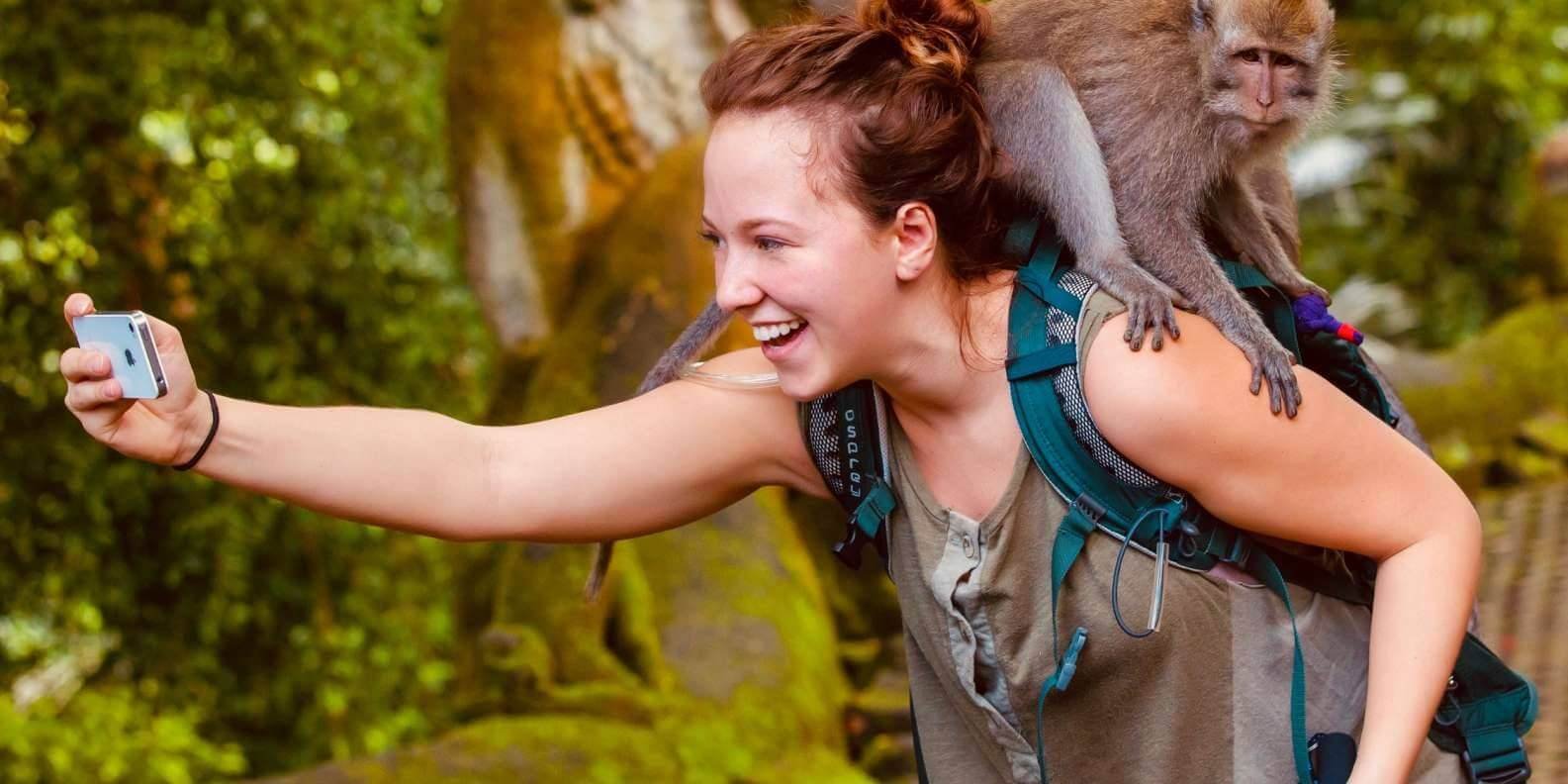





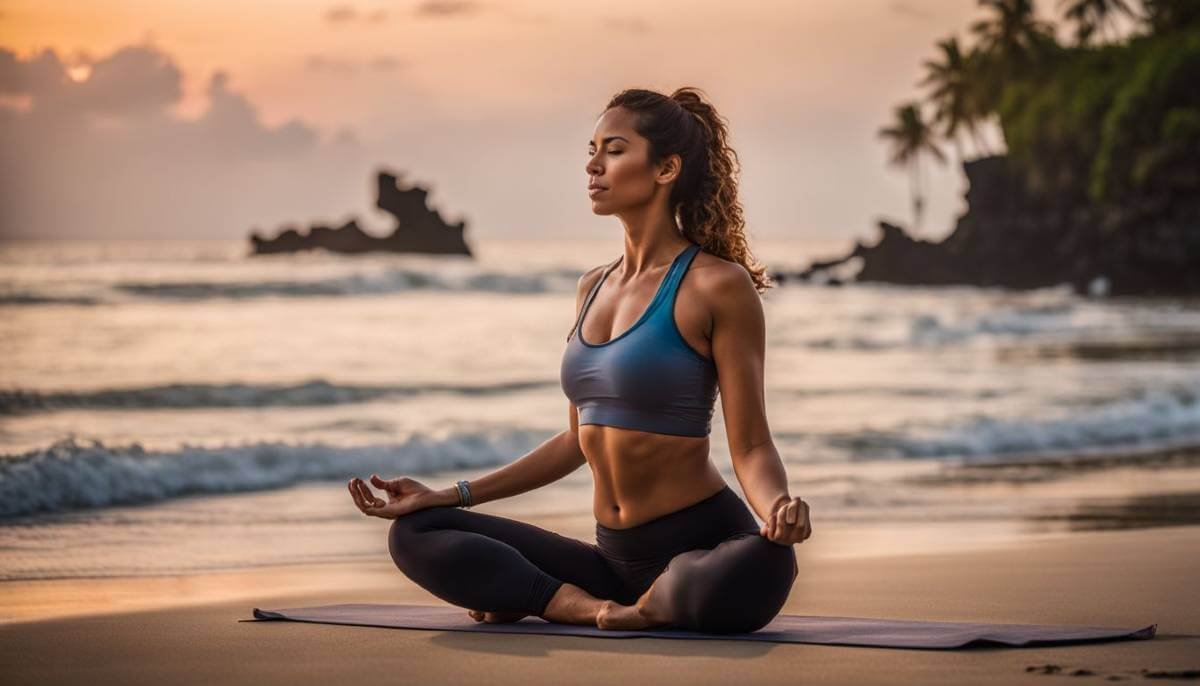

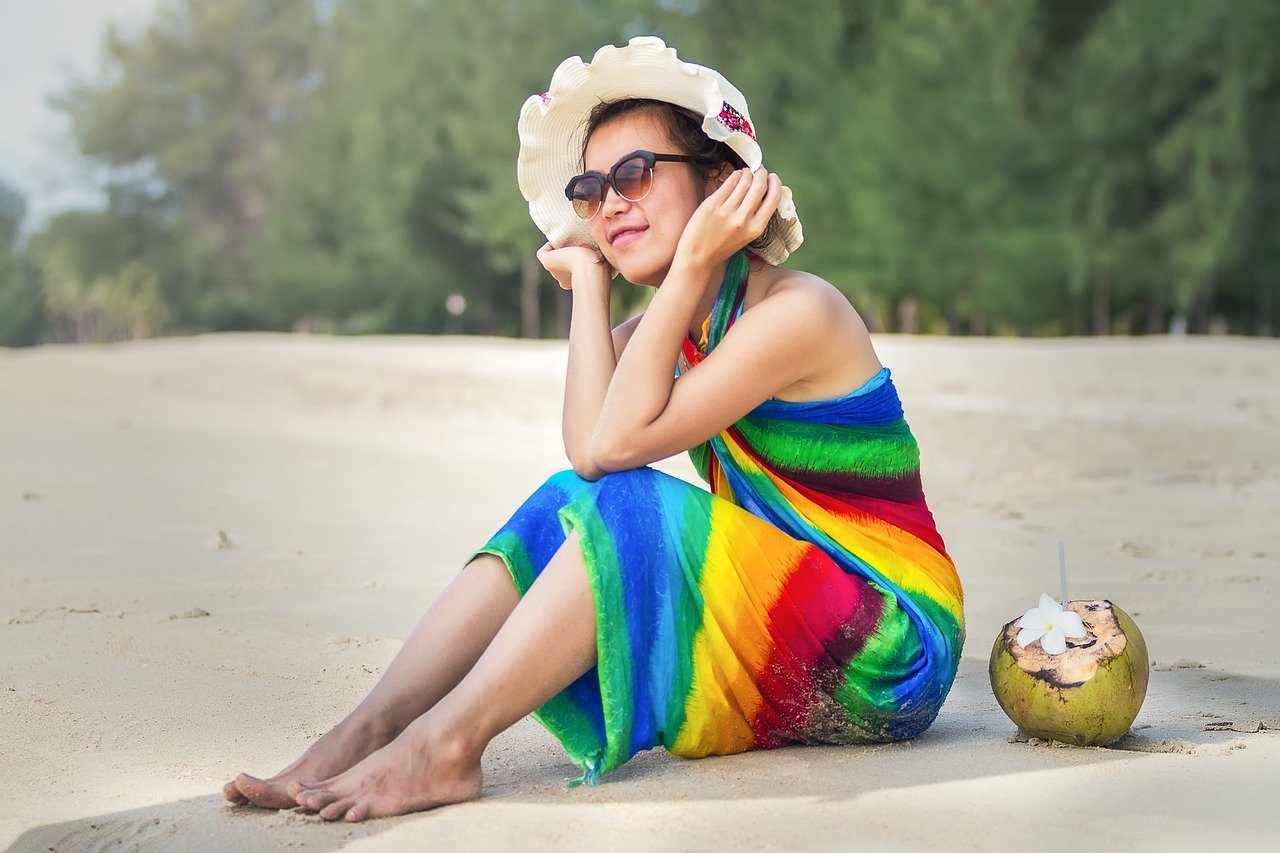
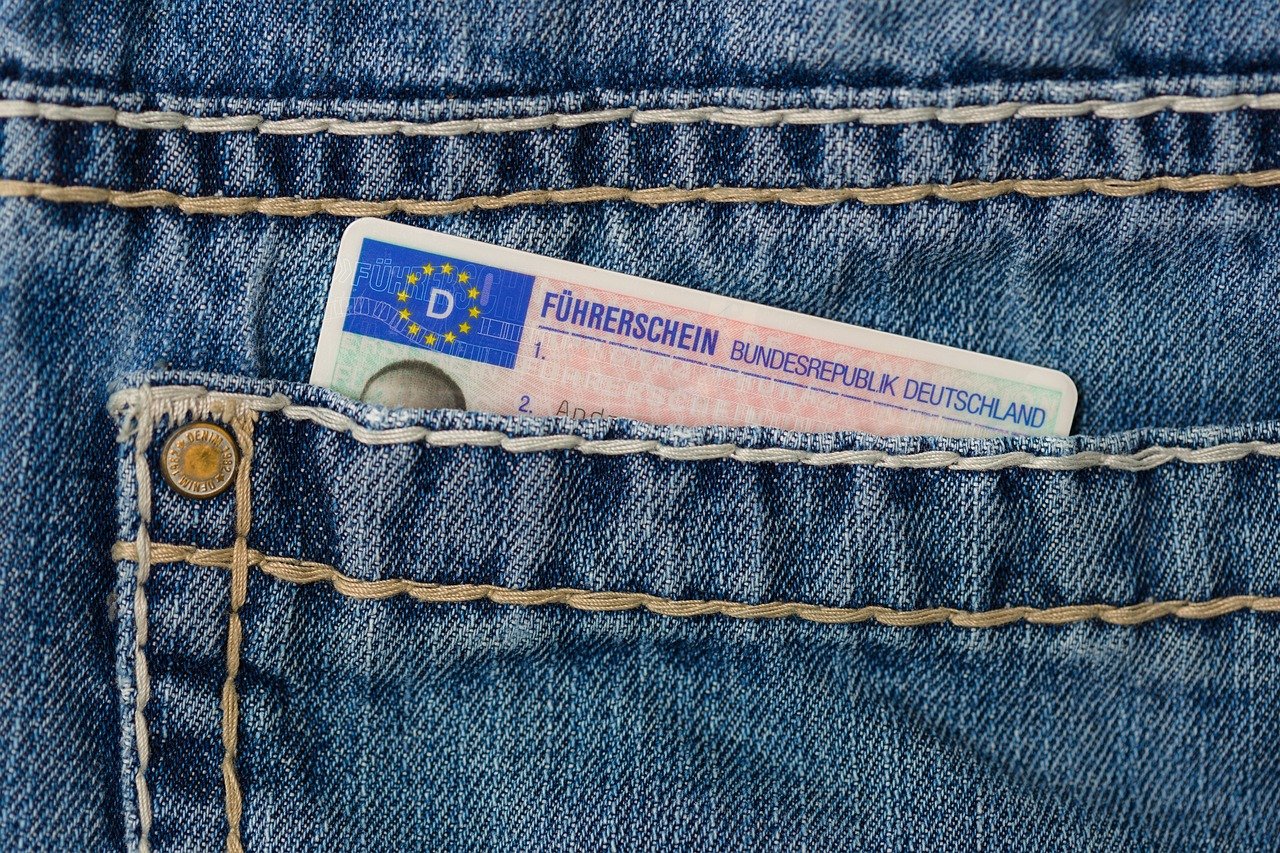
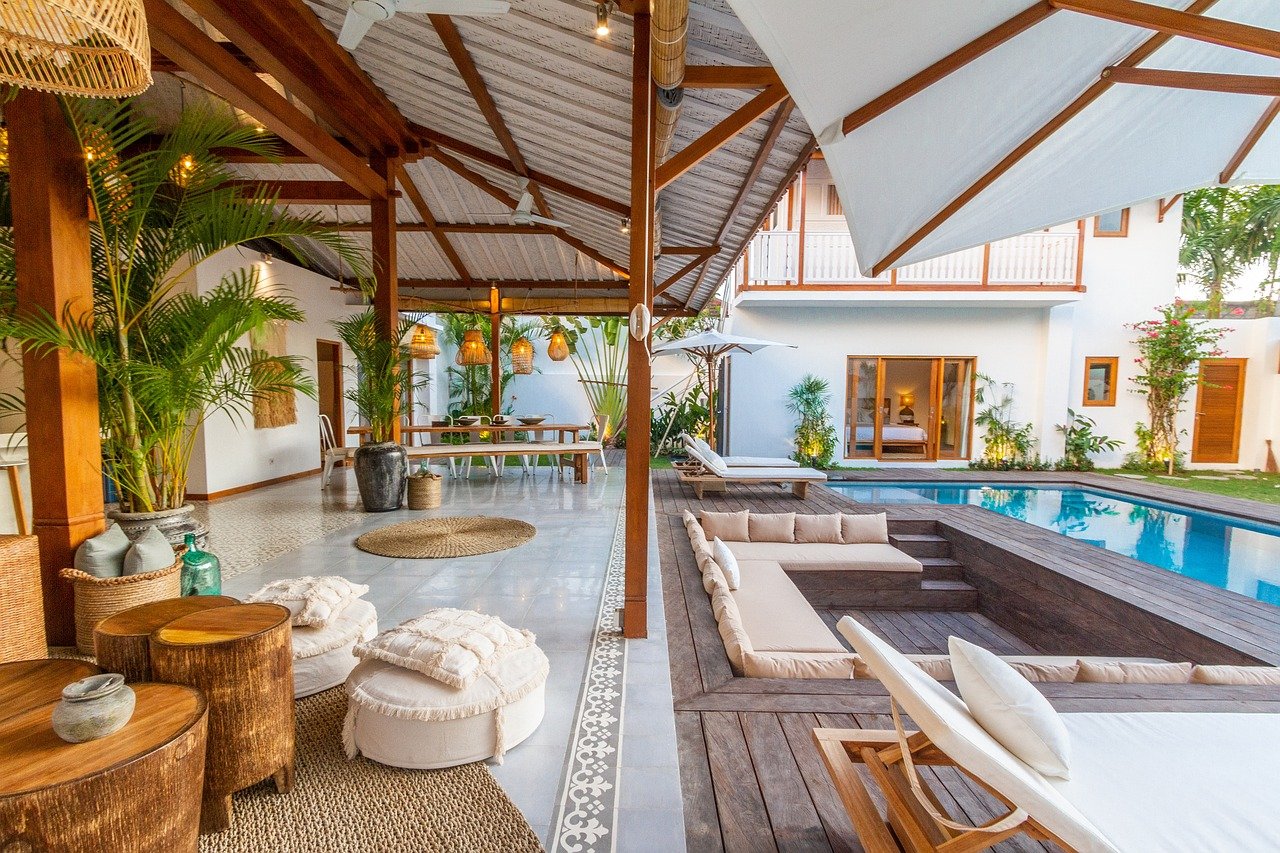


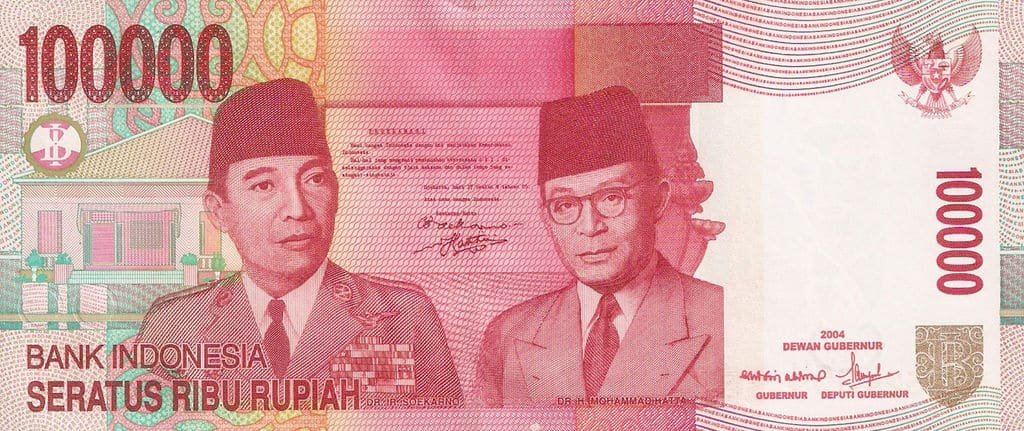




Discover everything you need to know about Bali's new tourism tax before your next visit to this tropical paradise.